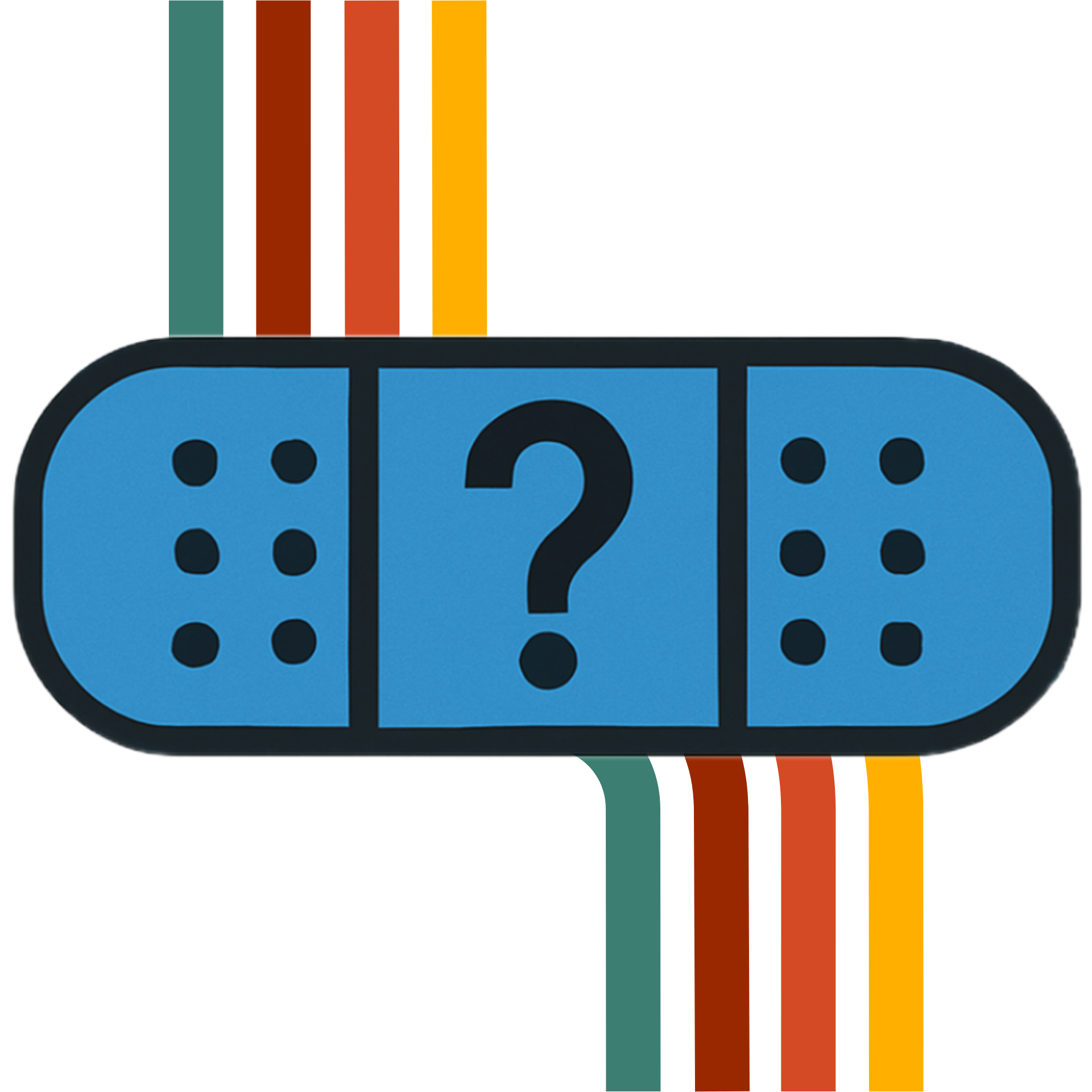 SHOULDIWORKTODAY.COM
SHOULDIWORKTODAY.COM
Your relationships should energize and support you, not leave you feeling drained and exhausted. This quiz helps you understand whether your closest relationships are giving you energy or taking it away. Think about your most important relationships - whether romantic, family, or close friendships - and answer honestly about how they make you feel. You'll get personalized insights about your relationship energy balance and practical steps to create healthier, more fulfilling connections. Remember, healthy relationships involve give and take, but they should ultimately leave you feeling supported and valued.
Healthy relationships require honest communication about your needs and boundaries. Use "I" statements like "I feel hurt when..." instead of "You always..." Practice being specific about what you need rather than expecting others to guess. Remember, asking for what you need isn't selfish - it's essential for healthy connections.
Great relationships involve curiosity about each other. Ask open-ended questions like "What makes you feel most supported?" or "How can I better understand what you're going through?" Listen without immediately trying to fix or judge. Sometimes people just need to be heard and validated.
Taking care of yourself isn't selfish - it's necessary for healthy relationships. Maintain your own interests, friendships, and goals. Set boundaries when you need space or time to recharge. Practice self-compassion and remember that you can't pour from an empty cup. When you're mentally and emotionally healthy, you're better able to show up for the people you care about.
If you recognize patterns of control, intimidation, or harm in your relationships, know that this isn't normal or acceptable. Abuse can be physical, emotional, financial, or psychological. Warning signs include threats, extreme jealousy, preventing you from seeing friends or family, controlling your finances, or making you feel afraid.
If you're experiencing abuse, please reach out for support. You deserve relationships that are safe and respectful. Contact the National Domestic Violence Hotline — available 24/7 — by calling 1-800-799-7233, texting LOVEIS to 22522, or visiting thehotline.org and selecting “Chat Now” for confidential support and resources. Local counselors, trusted friends, or family members can also provide crucial support during difficult times.
© 2025 Should I Work Today. All rights reserved.